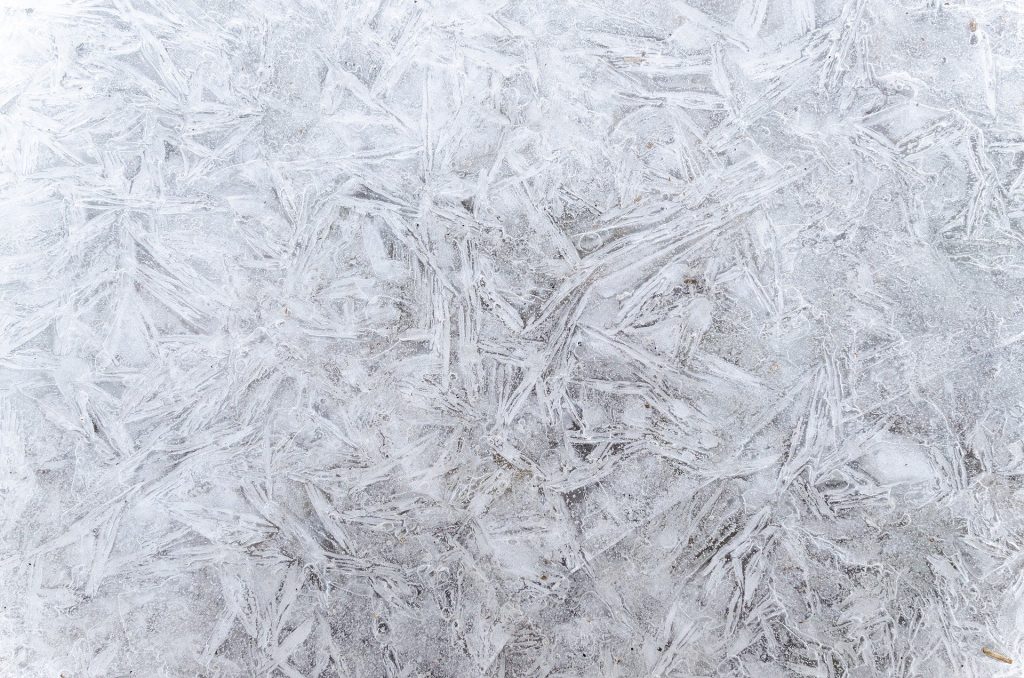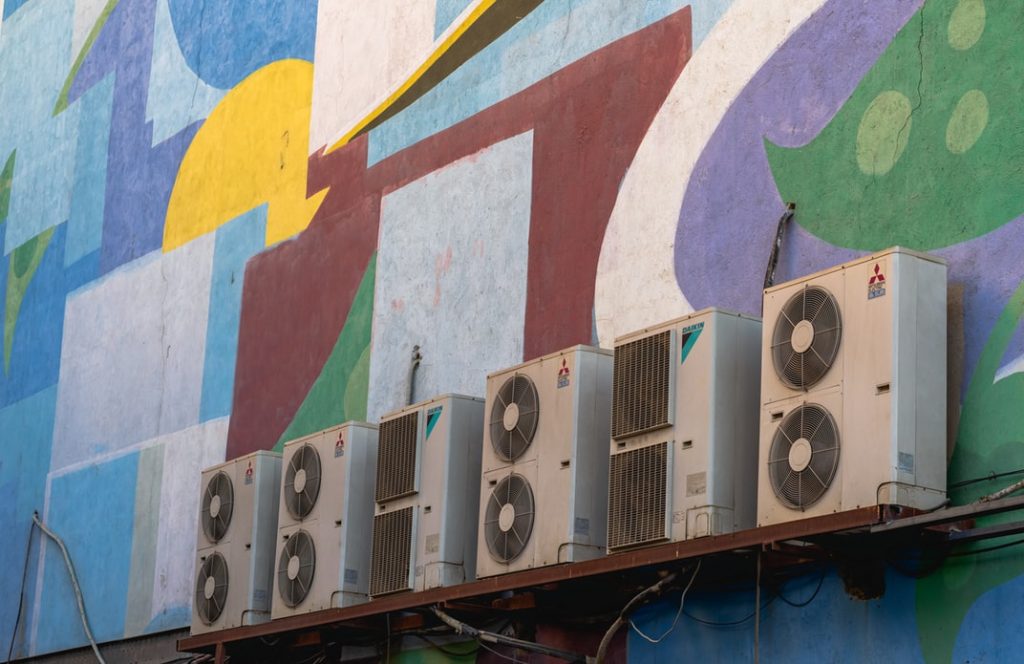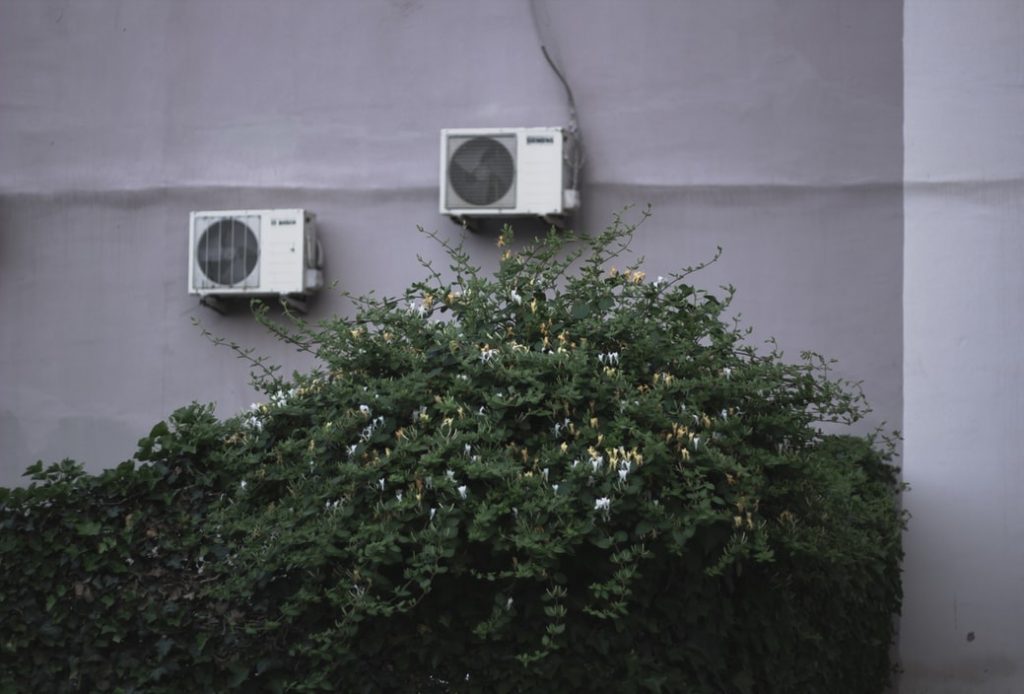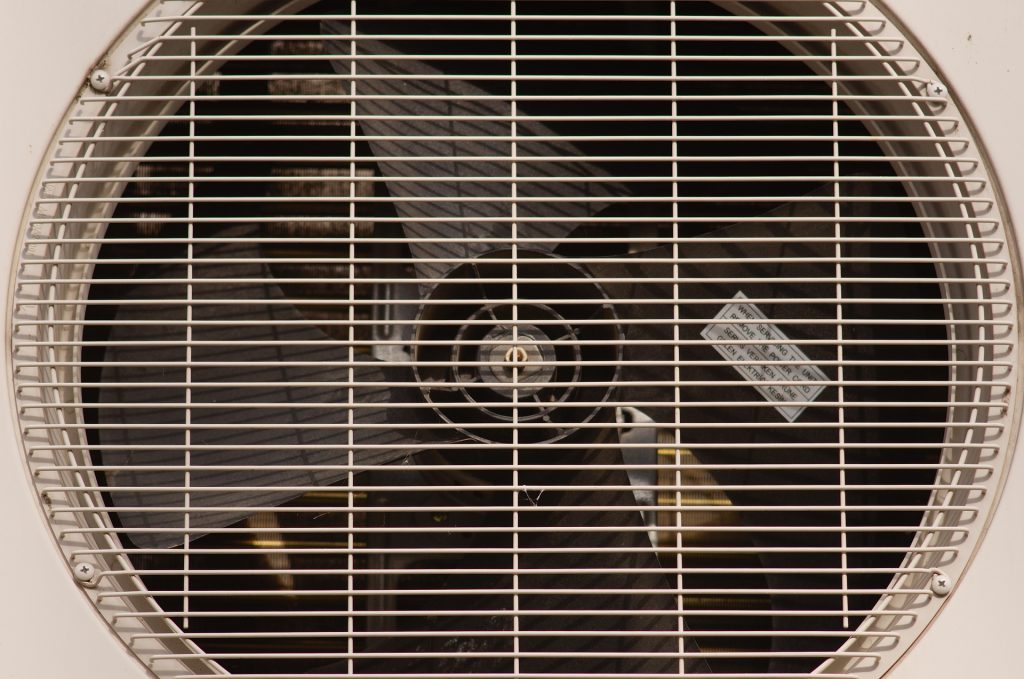Do you know how dangerous it is to have an air conditioner freezing up? If you’re not careful, you might end up with a permanently damaged air conditioner. Even worse, you’ll have to put up with the extremely hot and uncomfortable summers.
In severe cases, your air conditioner will turn into a huge block of ice.
What causes air conditioners to freeze up? What are the signs of an air conditioner freezing up? How do I deal with a frozen air conditioner? How do I keep my air conditioner from freezing up?
Read on to find the answers to these questions. It’s too late to save your air conditioner.
What causes air conditioners to freeze up?

The majority of people who have dealt with frozen air conditioners never thought it would even be possible to have an iced up air conditioner in the middle of summer.
How can it be so hot outside and still have to deal with a freezing air conditioner? In a place like Phoenix, at that?!
You might not know this, but freezing air conditioners are a common occurrence. It’s usually a gradual process that worsens over time.
Here is the science behind a freezing air conditioner.
The Joule Thompson Effect
We’ll try explaining it in simple terms.
You first have to appreciate the fact that air is made up of molecules. These molecules contain heat energy.
Hot air molecules have a lot of energy. On the other hand, cool air is as a result of its air molecules having less energy.
The Joule Thompson Effect explains that if the air is compressed, its molecules will become excited and cause an energy buildup. On the other hand, when air is allowed to expand, it’s molecules will become less excited, and its temperature will drop.
Your air conditioner uses a fluid substance known as a refrigerant. Refrigerants are the agents responsible for cooling your indoor air once it’s sucked into the air conditioner.
Refrigerants behave similarly as air- They will cool down if you allow them to expand. Cool refrigerants are then able to absorb heat from your indoor air.
But what happens if your air conditioner allows it’s refrigerant to expand too much? The refrigerant will become so cold that it will cause the air around the air conditioner to freeze- And that is how you end up with a frozen air conditioner.
Below are some of the things that will cause your air conditioner’s mechanism to malfunction.
1. Restricted airflow
Probably the main reason why air conditioners are freezing up.
Air conditioners primarily depend on airflow to function. Anything that restricts or inhibits smooth airflow is going to trigger a series of problems.
Once its airflow is restricted, your air conditioner will not be able to dispose of the humidity in the system. With nowhere to go, the “wet air” will then settle on the refrigerant coils that contain the cool refrigerant. The refrigerant will then freeze the wet air.
As time goes by, more ice particles will be formed as more wet air is frozen until the entire system is covered by ice.
How is airflow restricted? By clogged filters, shut supply registers, or a faulty air conditioner fan.
2. Refrigerant leaks
Not only are refrigerant leaks dangerous to your health, but they might also freeze up your air conditioner.
We mentioned earlier that the refrigerant inside your air conditioner cools down when allowed to expand.
If there holes on your refrigerant line, then the refrigerant will leak out, expand, and freeze the air around it.
Also, the leaks will bring about a refrigerant deficiency in the air conditioner. Low refrigerant levels will also cause freezing in air conditioning units.
3. Drainage issues
You might not know this, but hot air tends to carry more moisture than cold air. Your air conditioner not only sucks in and cools your hot indoor air, but it in the process, it also removes moisture from the air. The warm moisture then condenses inside the air conditioner.
Your air conditioner needs to have a good drainage system to be able to remove the water before it’s trapped and frozen inside. There is usually a pan on the floor drain where the water flows into and is removed from the unit.
Drainage issues are commonly found in window air conditioners that were not properly installed. You need to make sure that your window air conditioner is tilted at the right angle so that all the condensed moisture can flow out through the drain hole.
What are the signs of an air conditioner freezing up?
Most people expect their air conditioners to be iced up. However, ice-block freezing is usually the last stage of air conditioner freezing.
As mentioned earlier, air conditioner freezing is a gradual process that worsens over time. You need to be very vigilant to be able to spot it out earlier on. In most cases, you won’t even see the ice.
Restricted airflow in the air supply registers
The best way to check your air conditioner for freezing is to check your air conditioner’s airflow. It needs to be smooth and normal.
Do this by placing your hand over your air conditioner’s supply register. If the airflow is minimal, then there is probably some air restriction somewhere.
You should also take a look at your air conditioner’s fan. Is it running as it should? Is it slower?
Ice on an air conditioner’s coils
Take a look at your unit’s coils and refrigerant lines. Look for any signs of ice.
Ice on your AC’s coils and refrigerant lines is a sure sign of refrigerant leaks.
If not, it might also be a sign of excess humidity in the air conditioner. If this is the case, you need to repair your unit’s drainage system.
How to repair a freezing air conditioner
You’ve inspected your air conditioner and found out it checks positive for all the signs we’ve mentioned above.
What can you do to improve your unit’s condition? The best call would be to invite over an HVAC professional for repairs. However, there are some things you can do for your precious air conditioner before you decide to call in the big guns.
1. Clean all of your air conditioner’s air passages
By air passages, we’re referring to any air opening- This includes your unit’s vents, supply registers, ducts, and even the filters. You need to clean and remove anything that might hinder airflow.
We’d advise you to check, clean, or replace your AC’s filters at least once a month. It sounds simple, but it’s an important maintenance routine that will add some years to your air conditioner’s lifespan.
Duct cleaning is a bit messy, and most people prefer calling professionals to do it for them. However, with the time and right tools, you can do it yourself. We’d advise you to clean your ducts at least 3 times a year.
Note: Don’t close more than 25% of your supply registers. Sure, closing the supply registers in unused rooms is a good way of saving money and energy. However, if you close so many of them, you will be doing more harm than good to your air conditioner.
2. Repair refrigerant leaks
Sorry, but this is not something you can do on your own. Not only do you have to check for refrigerant leaks, but you’ll also have to seal and refill the refrigerant. We’d advise you to call in an HVAC professional to take a look at your unit and do what needs to be done.
The same goes for any mechanical problems like faulty fans. Don’t mess around with your unit. Call for help. Here are the best air conditioning specialists in Phoenix.
3. Fix drainage issues
You can easily fix drainage issues on a window air conditioner without calling in an HVAC professional. Most of the time, drainage issues are caused by poor installation.
If the installation was alright, then go ahead and take a look at the unit’s drainage hole.
Make sure it’s not clogged. Simply remove the plug and let all the water out.
Now, some window air conditioners don’t come with drain holes. If you feel lost, go through the user’s manual for some insight or consult a professional. Whatever you do, never drill a hole on your air conditioner.
How do I keep my air conditioner from freezing up?
Below are some of the simple things you can do to safeguard your air conditioner’s future.
- Regularly clean or replace your unit’s filters.
- Make sure you clean your AC’s ducts at least once a year.
- Stay alert and check for refrigerant leaks. Check the lines and coils weekly.
- Make sure your unit’s drainage system is fully functional.
You can easily check all of these boxes and have peace of mind by calling in an HVAC professional for a yearly maintenance routine. It’s that easy.
[related_posts_by_tax posts_per_page="3" format="thumbnails" image_size="medium"]









